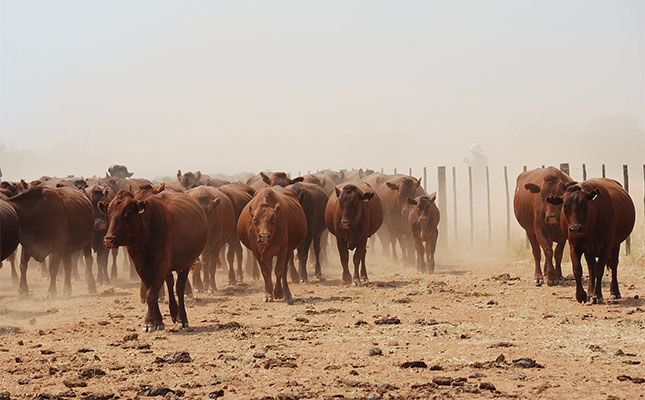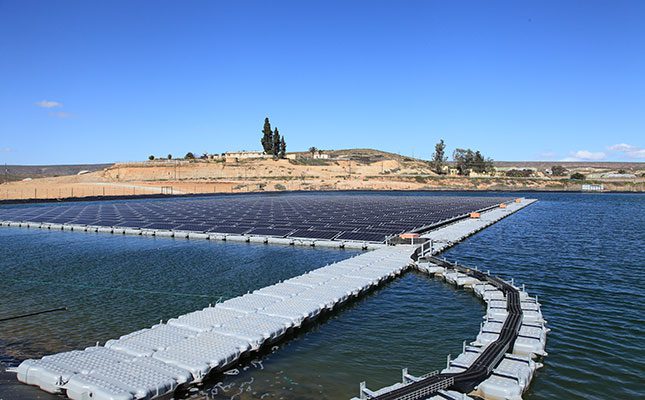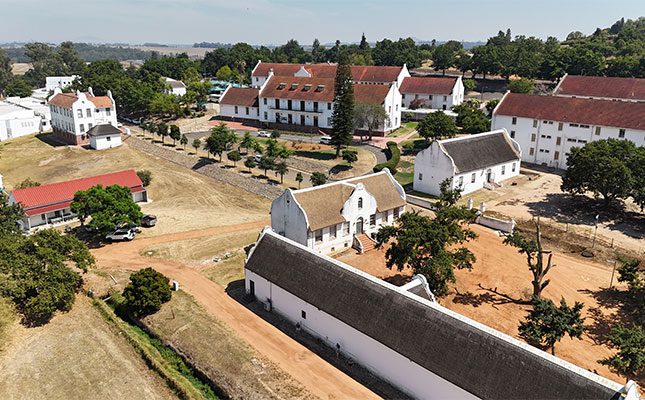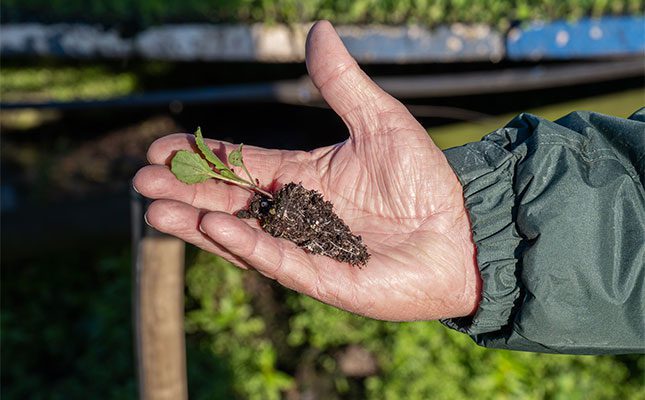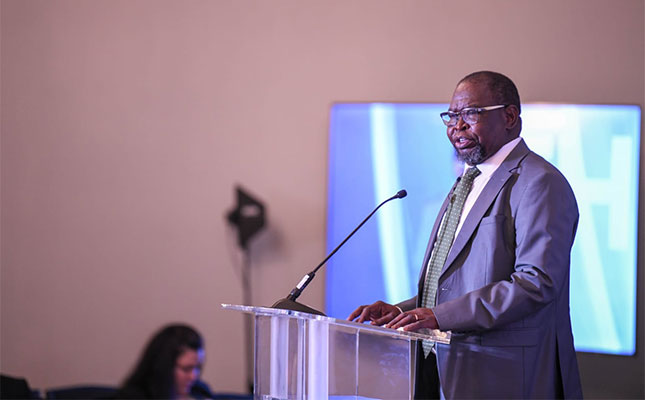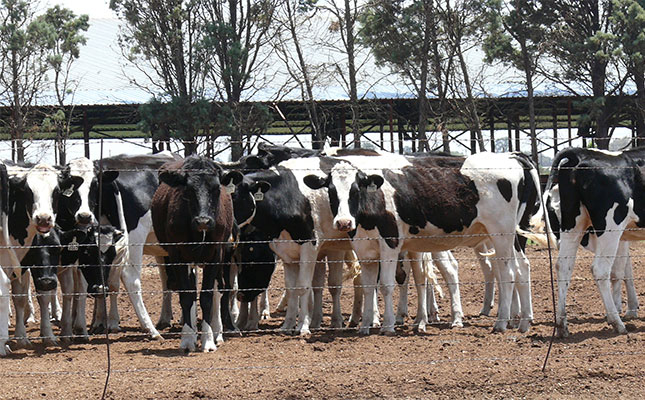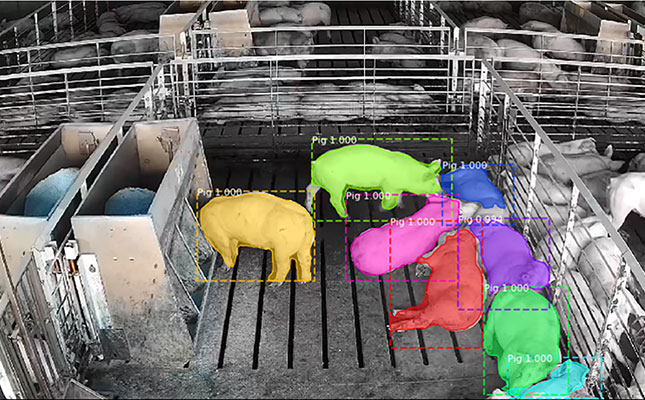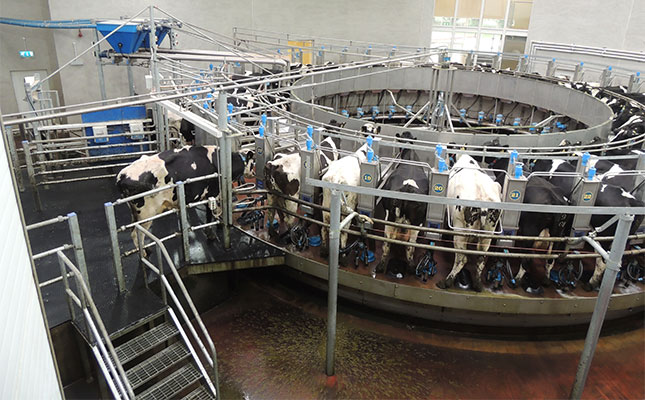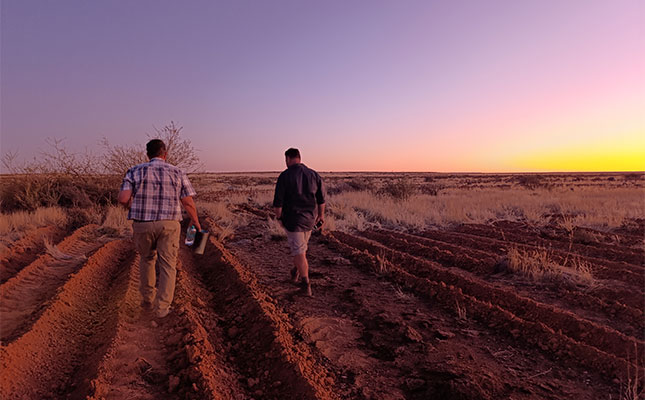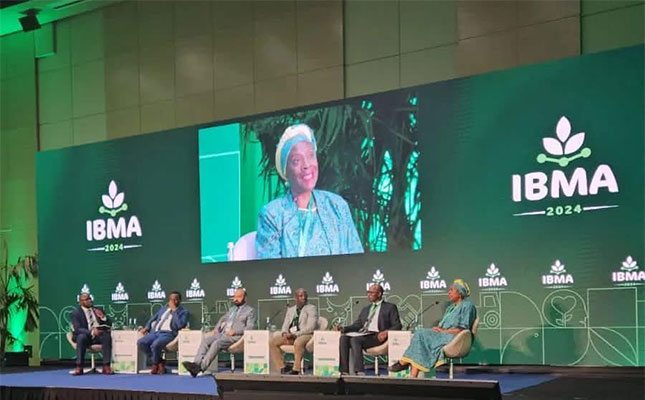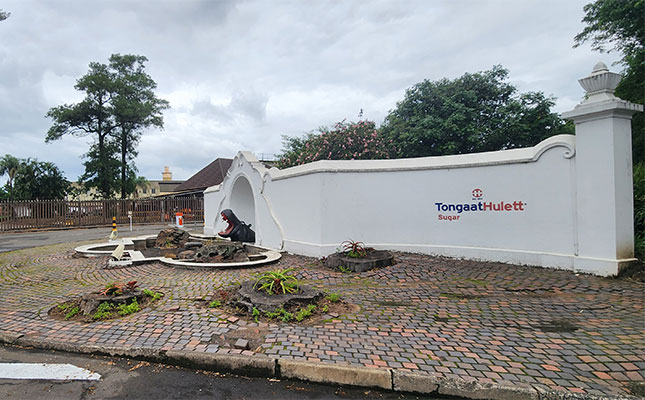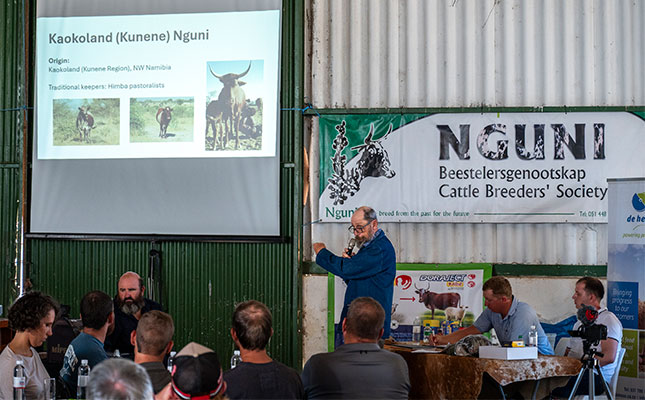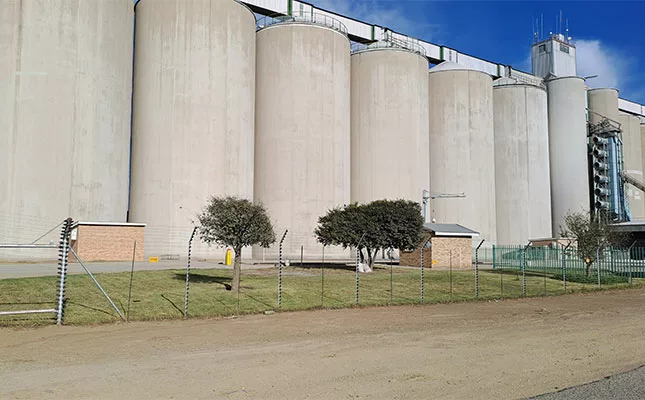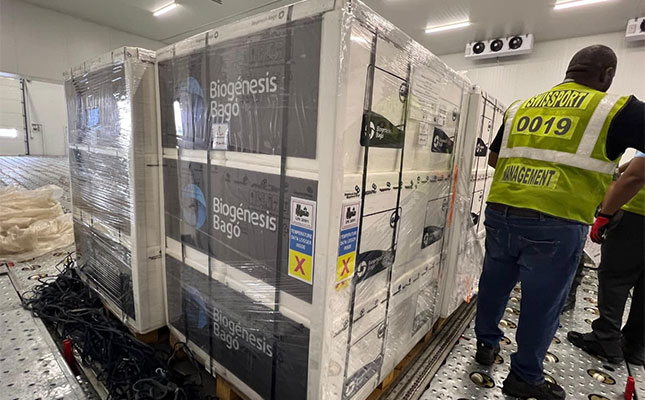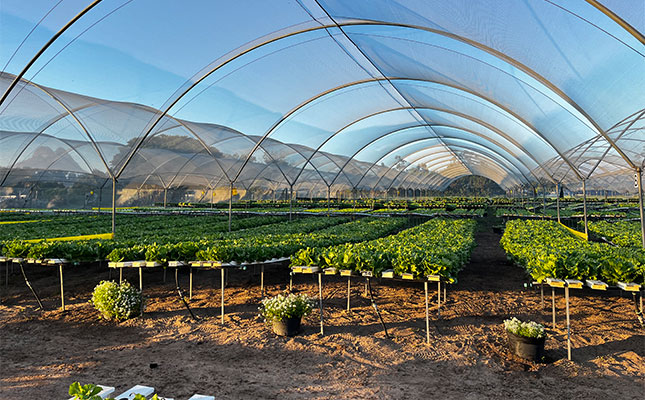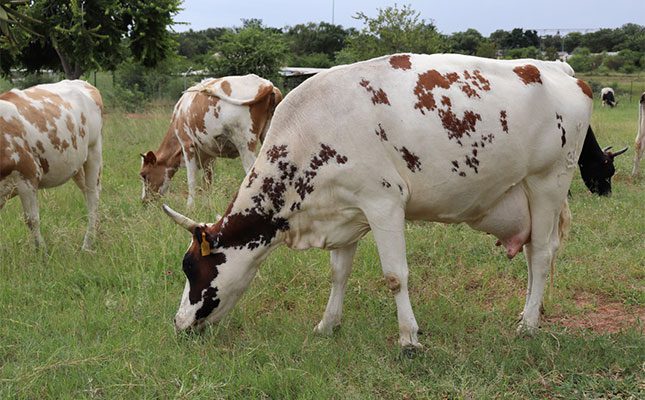
The Tompi Seleka College of Agriculture (Tompi) opened its doors in 1960 as Arabie College of Agriculture, before being renamed in the 1970s after Kgoshi ZT Selekathe, the first minister of agriculture of what was then Lebowa, now part of Limpopo.
In its early days, the college served as a training institute for extension officers, and it continues this role today. However, it now focuses on training students in animal and plant production. The college also offers ‘recognition of prior learning’ qualifications and extension services to support the broader agricultural community.
Majela Mashiloane, principal of Tompi since 2019, feels the college should produce graduates with the skills needed by the advancing agriculture sector.
“The college is a centre for reskilling existing personnel who may be falling behind current workplace skill requirements,” he explains.
Student body and facilities
Currently, the diploma programme has 183 students, with 95 in animal production and 88 in plant production. In the certificate programme, 101 students are studying plant production and 59 are in animal production.
The student body is just about evenly split between men and women, who are accommodated in separate hostels: Mzane for the men and Leap for the women.
There are laundry facilities at both hostels, and Wi-Fi is accessible throughout the campus. The college also features a dining hall, library, and laboratories for soil science, computer literacy, and animal production. For recreation, there is a soccer pitch, plus volleyball and netball courts.
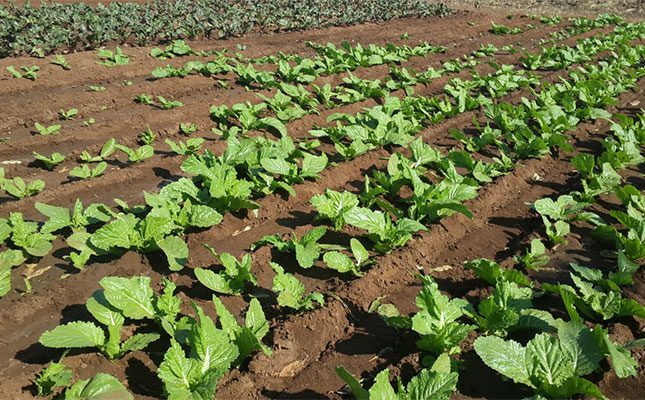
The college has a farm with a poultry, dairy, piggery, greenhouse, and crop fields. Livestock comprises 80 beef cattle, 23 dairy cattle, and 92 goats.
Tompi’s 980ha of farmland includes 22ha under grain crops and 12ha planted to irrigated fodder grass and lucerne. There are also 12ha of vegetable fields, which include crops such as tomatoes, peppers, beetroot, spinach, carrots, cabbage, cucumber, and beans.
The remainder of the farmland is reserved for extensive grazing and includes the teaching and administrative facilities, accommodation, and farm infrastructure.
Animal and plant production
Students can choose to study a diploma in animal or plant production (NQF level 6). Two certificate courses in the same fields are also offered (NQF 1–4).
On average, the college produces 40 diploma and 160 certificate graduates, respectively, every year. At the diploma level, the number of graduates in animal and plant production is very similar, while plant production is the more popular certificate programme.
Basic first-year subjects include agricultural calculations, basic plant and animal science, natural resource management, communication, and agricultural economics.
Course-specific second-year subjects for plant production include crop protection, fruit and vegetable production, water management, and agricultural marketing. Specialist subjects in the second year are floriculture or agricultural extension (first semester) and agro-forestry or agro-processing of food (second semester).
Subjects included in the animal production diploma course are small stock production, water management, animal breeding, and beef, pig, and dairy production. Specialist subject choices in the second year are irrigation and water management or agricultural extension (first semester) and agro-processing of food or beekeeping (second semester).
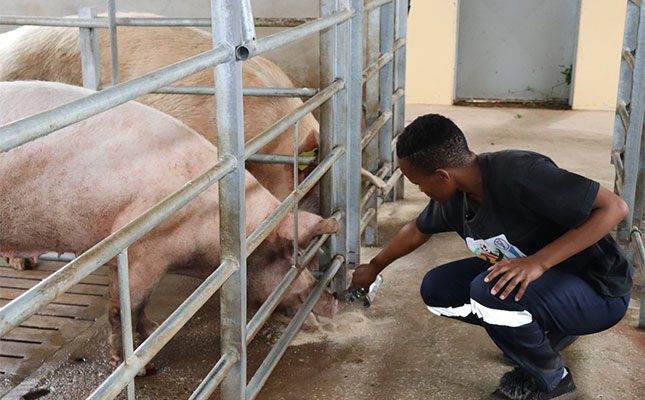
In their third year, students can choose to add either aquaculture or agricultural extension as a specialist subject. In addition, six-month experiential training is compulsory and a prerequisite for completing the diploma courses.
Recognition of prior learning
Many of Tompi’s students are already working as farmers, farmworkers, and research station farm aides. These mature students with prior work experience are assessed against the certifiable qualifications in a process called recognition of prior learning (RPL).
This qualification is fully accredited by AgriSETA and provides students with formal recognition for the knowledge they have acquired over the course of their lives.
Tompi offers two forms of RPL: RPL for access and RPL for credit.
RPL for access provides an alternative access route to a qualification for applicants who do not meet the formal minimum admission requirements or who already have some relevant experience in some of the modules.
RPL for credit is conducted against the assessment specifications of the relevant qualification (certificate in plant or animal production).
The college is at an advanced stage of acquiring accreditation with the Quality Council for Trades & Occupations to offer courses in nursery supervision, livestock farming, abattoir supervision, and aquaculture.
Lab and research
Research at Tompi is currently limited to hosting trials by universities and research institutions. This is implemented in collaboration with college staff with advanced qualifications.
Tompi’s laboratory conducts soil, water, and plant tissue analyses to provide recommendations for improving crop production. Tests include pH, cations (calcium, magnesium, potassium, sodium), salt content (electrical conductivity), and organic carbon.
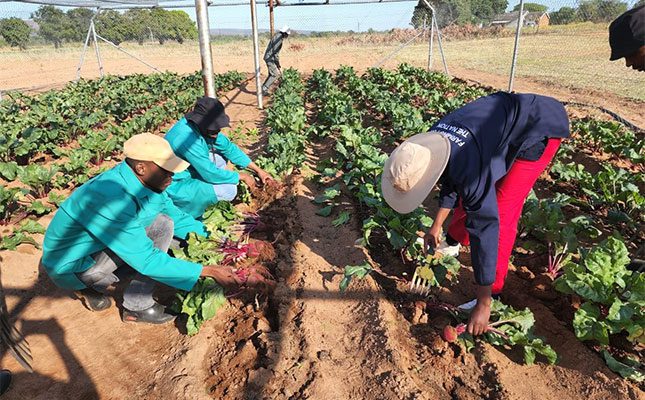
The lab is affiliated with the National Laboratory Association of South Africa and the Agri-Laboratory Association of Southern Africa.
“The prices for tests are subsidised [by the Limpopo Department of Agriculture and Rural Development, of which the college is a part] to make the lab’s services accessible to resource-poor farmers,” adds Mashiloane.
Community and Culture
Tompi supports local farmers in several ways. Its advisory services include soil classification and analysis, agricultural advice, learnership programmes, and short learning programmes such as agribusiness and computer applications. An ‘aftercare service’ is offered to monitor the effectiveness of the advice.
A career summit, hosted at the college in September 2025 in collaboration with AgriSETA, was attended by more than 500 high school learners.
The college’s agricultural extension, economics, and partnership department offers a course on indigenous knowledge systems (IKS) to members of the public interested in IKS practice and the use of herbs.
The IKS training, which is separate from the diploma course, focuses on indigenous farming systems, indigenous post-harvest technology, and indigenous agrometeorology and climatology.
“IKS topics include the use of indigenous knowledge on environmental management, crop pest control, fertilisation, and animal health,” explains Mashiloane.
Achievements and challenges
The Tompi college choir and netball team are both the current national college champions. One of its graduates is a farm manager in the US on a full work visa, and for the past two years, the National Youth Development Agency has selected Tompi graduates to represent South Africa in the Areyeng Brazil Agricultural Program in July.
“The college and the Limpopo Department of Agriculture have been greatly assisted by the Comprehensive Agricultural Support Programme [CASP], which continues to make a meaningful contribution to infrastructure for the betterment of the college,” says Mashiloane.
For the 2025/26 financial year, CASP was allocated a budget of almost R1,7 billion, of which around R104 million is dedicated to revitalising infrastructure at agricultural colleges.
“We struggle with aged infrastructure and have limited human and financial capacity for maintenance. The challenge with a reduced budget and South Africa’s current agricultural college financing model is that they don’t allow the college to react to the day-to-day farm operation’s needs,” he explains.
“We also need to upgrade the perimeter fence and offer a gym, health services facility, and a games room with games such as pool, table soccer, and darts,” adds Mashiloane.
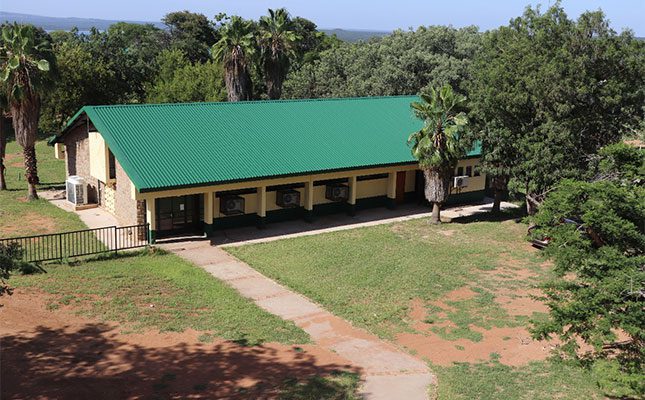
Internships without payment
Some 50 students are placed in work-integrated learning (WIL) positions every year, but they don’t get paid.
“Generally, our students are offered full-time [paid] employment on farms where they were placed for WIL due to their commitment and skills.
“We would like to have funding opportunities or paid internships for at least 25 [students] in animal production and 25 in plant production to cover their costs during their six-month work-integrated learning stay,” says Mashiloane.
“My concern is the failure to migrate the function of agricultural colleges from provincial to national level. This migration will unleash much of [Tompi’s] potential through a different financing model and allow students from poor backgrounds to access the National Student Financial Aid Scheme (NSFAS), which is currently unavailable to colleges,” he adds.
Students registered at agricultural training institutions in South Africa do not qualify or have access to funding from the NSFAS and are dependent on private funding or bursaries.
Applications to enrol at Tompi Seleka College of Agriculture in 2025 close on 5 December 2025. Visit tsca.gov.za for more information.
To offer sponsorships or internships, phone Majela Mashiloane on 083 785 8831 or 013 264 500, or email him at [email protected].

